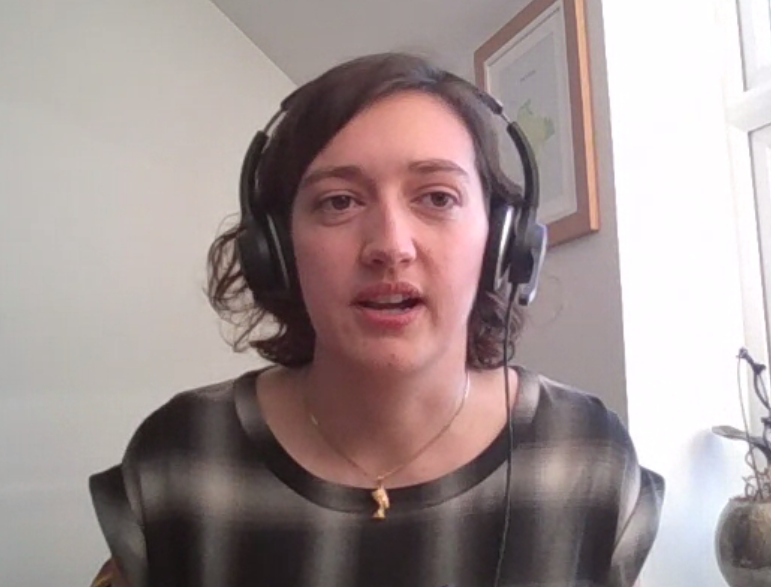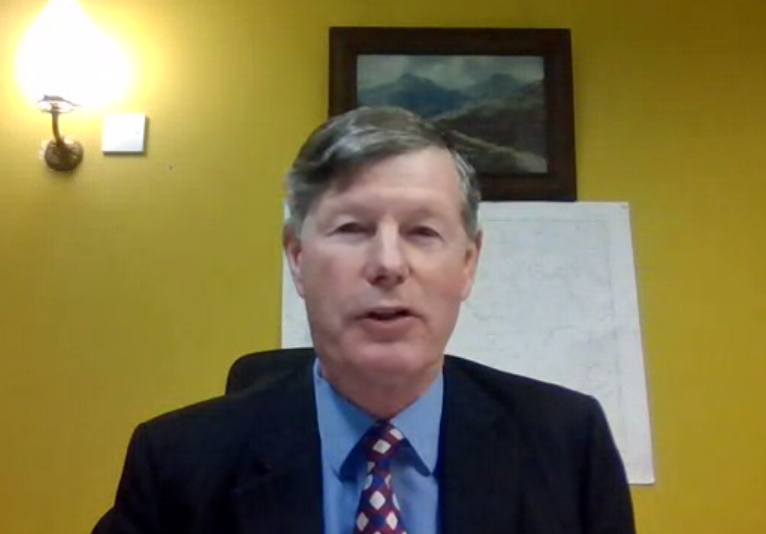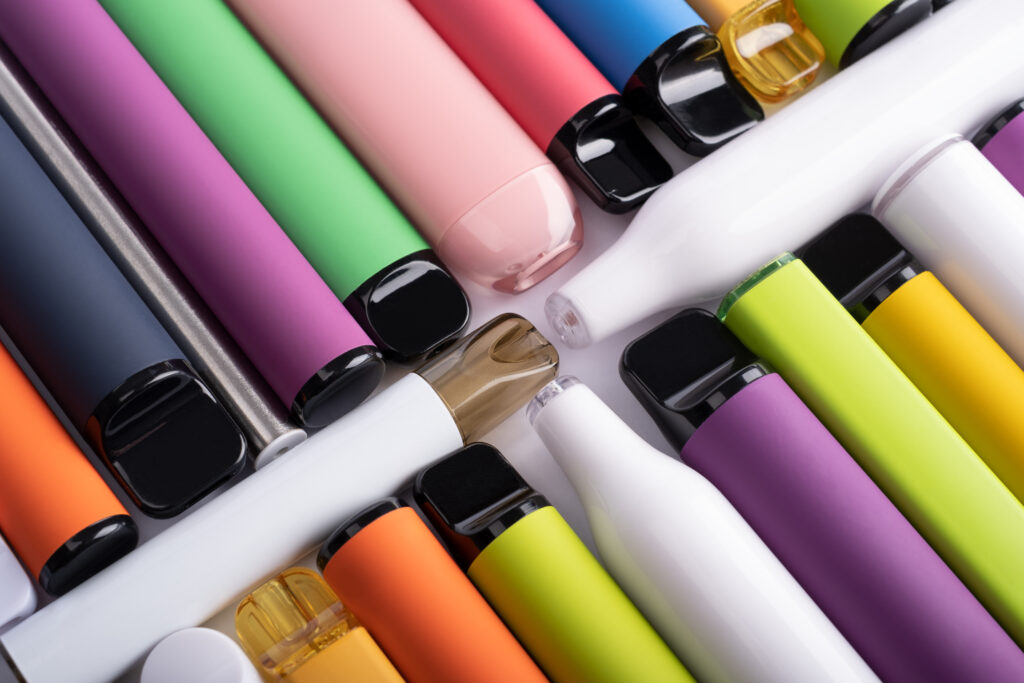Anna Ford, policy advisor at Defra, announced the plans at letsrecycle.com’s Outlook Conference for 2022 on Thursday (27 January).
She said: “We are very confident that we will publish the WEEE and battery consultations this year. Our current target is June.”
Ms Ford said this year’s consultations would be followed by a second round in 2023, before Defra developed the resulting legislative changes and guidance in 2024/25.
The changes will then come into force as legislation in 2025/26, she said.
Ms Ford emphasised that, by contrast to several other reforms to the waste sector in the works, the review would not look to change to much of the current system, whereby obligated manufacturers, sellers, re-branders, and importers of EEE register with compliance schemes.
“Largely, as a principle, we are looking to retain the current system,” she said. “We’re not envisioning a significant departure.”
Ms Ford also said that Paul Hallett, team leader at Defra, was “keen to address” the issue of lead-acid battery recycling before the implementation of any reforms.
Review
Ms Ford said the review would look to “move producer responsibility to the doorstep”.

Defra aims to move EEE up the waste hierarchy and examine eco-modulation options to complement eco-design regulations, including targeting planned obsolescence.
The review will look at greater weighting for reuse evidence, separate reuse and recycling targets, and take-back by retailers and online sellers.
It will also try to improve treatment standards and explore the idea of a single scheme administrator.
PRNs
Meanwhile, Angus Macpherson, managing director of PRN trading platform The Environment Exchange (t2e), suggested the landscape for PRNs in 2022 “looked like” 2021, with “challenges” in the plastic and glass remelt markets but otherwise low price levels.

However, he said the “uncertainties” stemming from the imminent introduction of extended producer responsibility for packaging from 2023 had “restricted investment” in recycling infrastructure, which he warned could lead to a fall in recycling rates.
Mr Macpherson also called for the publication of recycling targets for 2023 and 2024, because, he said, trading of PRNs for those years had already begun.
Plastic tax
Martin Hyde, policy leader at consultancy Comply Direct, rounded off the session by discussing the upcoming tax on plastic packaging with less than 30% recycled content.

He explained that the tax will apply directly to plastic packaging and importers of finished goods and empty packaging.
He added that it would apply indirectly to businesses selling products in plastic packaging, consumers, and waste management companies.
Though Mr Hyde welcomed its introduction, he said his “biggest concern” about the tax was that the Treasury had not ring-fenced the funds for recycling.










Subscribe for free